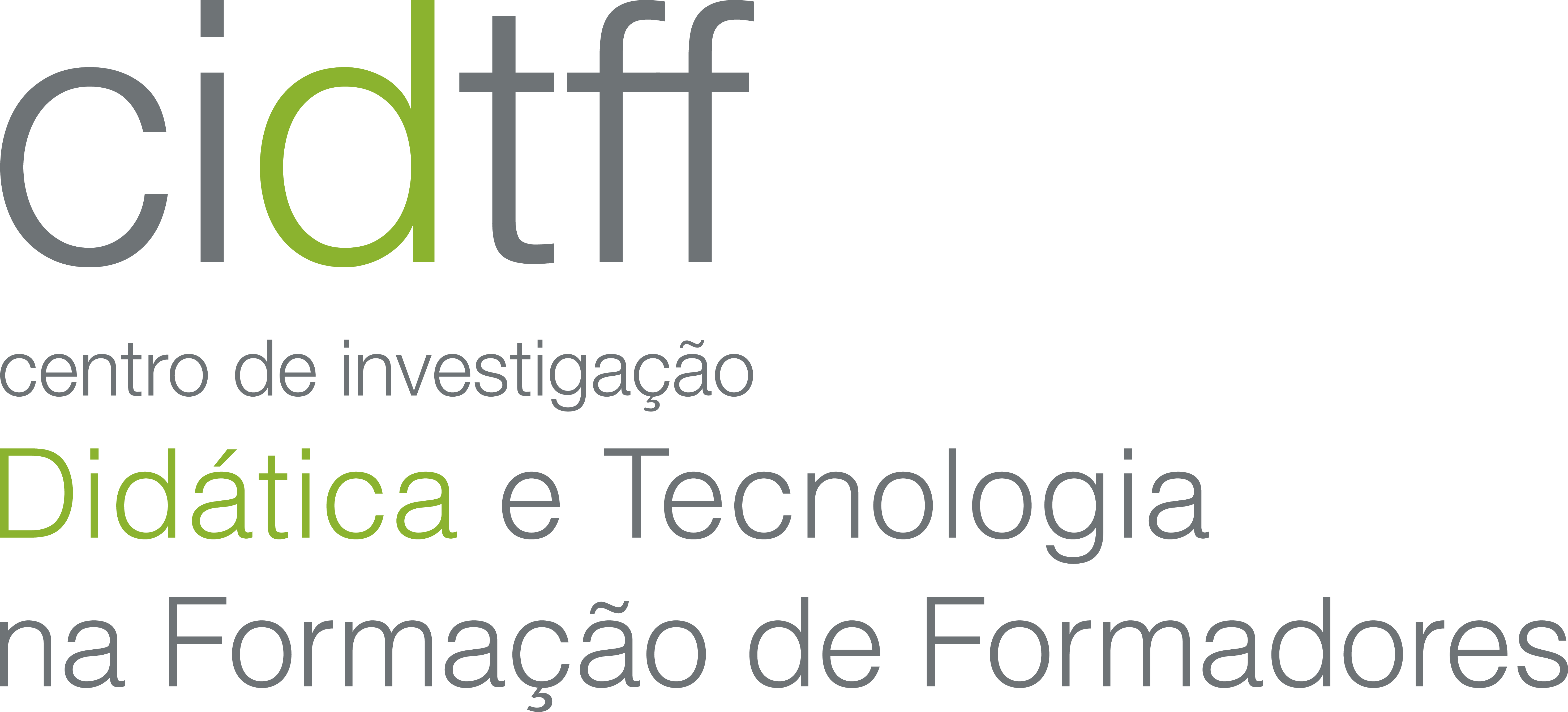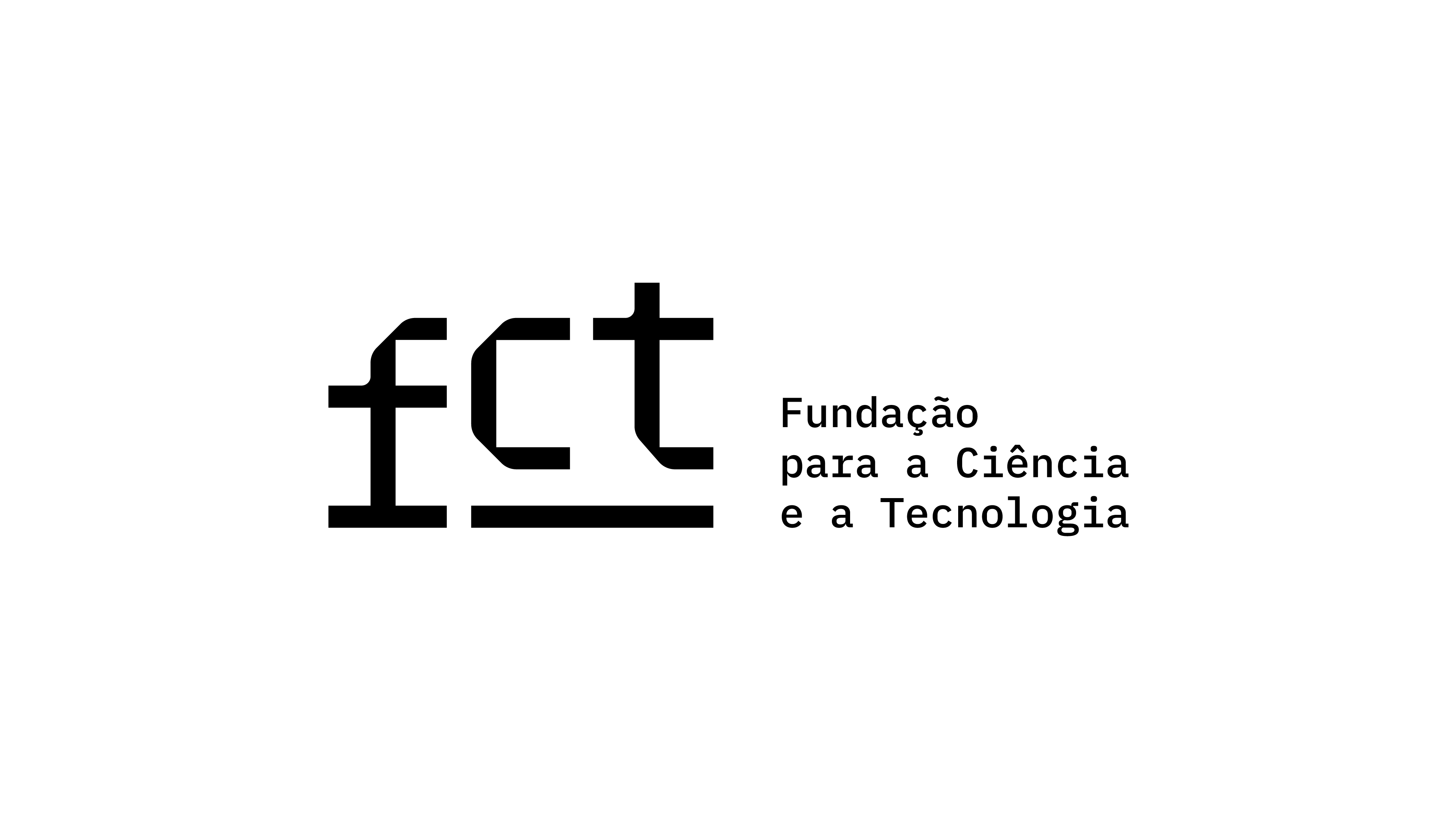A pandemia e a educação remota: Percepções de estudantes de educação superior no Brasil e no México
Resumo
Introdução: Esta pesquisa objetiva analisar as percepções de estudantes de nível superior após a pandemia COVID-19 em relação às suas experiências com a educação remota. A tecnologias digitais constituem uma das revoluções deste século, atuando como parceira do ser humano e suscitando o horizonte do pós-humano.
Metodologia: O instrumento de coleta de dados foi um questionário auto aplicado com perguntas fechadas e abertas a amostras de conveniência de estudantes de uma universidade particular e uma pública do Brasil e uma pública do México, com desagregação das.os estudantes de educação da primeira. As turmas foram selecionadas aleatoriamente.
Resultados: A pandemia envolveu um complexo de crises, sanitária, laboral, econômica e social, que interferiram na vida estudantil. A educação remota se defrontou com o hiato digital quanto às conexões, equipamentos e capital digital, com efeitos regressivos para as.os para as.os alunos menos favorecidas.os. A perspectiva das.os respondentes em face da educação remota é de menor vantagem em face da presencial.
Discussão: Questão mais grave é, porém, a da ética no desenvolvimento tecnológico, muito mais rápido que as reflexões filosóficas sobre suas finalidades e normatização do seu uso. Esta rapidez em grande parte se deve ao paradigma de mercado, que preside o desenvolvimento tecnológico e que visa à maximização da produtividade e dos lucros.
Downloads
Referências
Baudelot, C., & Establet, R. (2006). Allez les filles! Une révolution silencieuse. Point.
Bierstadt, R. (1981). American sociological theory: A critical history. Academic Press.
Brülhart, M., Klotzbücher, V., Lalive, R., Reich, S. (2021). Mental health concerns during the COVID-19 pandemic as revealed by helpline calls. Nature, https://doi.org/10.1038/s41586-021-04099-6
Castells, M. (2006). La sociedad red: Una visión global. Alianza.
Dubet, F. (2022). Tous inégaux, tous singuliers : Repenser la solidarité. Éditions. du Seuil.
Duru-Bellat, M. (2017). La tyrannie du genre. Sciences Po Les Presses.
Fenoglio, P. (2021). Au cœur des inégalités númériques, les inégalités sociales. Dossiers de Veille de l’IFé, 139. https://hal.science/hal-04222701
Fenoglio, P. (2023). La présence pour mieux apprendre à distance. Édubref, (4), Institut Français de l’Èducation. La présence pour mieux apprendre à distance | ife (ens-lyon.fr)
Gomes, C. A., & Sousa, C. Â. M. (2023). Challenges and risks of remote Education for children and adolescents. Ensaio: Avaliação e Políticas Públicas em Educação, 31(118), e0233752. https://doi.org/10.1590/S0104-40362022003003752
Han, Byung-Chul (2022). Infocracia: Digitalização e crise da democracia. Vozes.
Hanushek, E., & Woessman, L. (2020). The economic impacts of learning losses. OECD, Education Working Papers n. 225, https://dx.doi.org/10.1787/21908d74-en
Jabukowski, M., Gajderowicz, L., Patrinos, H.A. (2023). Global learning loss in student Achievement. Economic Letters, 232, 111313. www.elsevier.com/locate/ecolet
Kupkova, I., Danisovic, L., Klein, M., Harsanyi, S. (2023). Effects of the COVID-19 pandemic on mental health, anxiety, and depression. BMC Psychology, 11: 108. https://doi/org/10.1186/s40359-023- 01130-5
Lomanowska, M, & Guitton, M. (2016). Online intimacy and well-being in the digital age. Internet Interventions, 4(part 2): 138-144.
Lyotard, J.-F. (2000). La condición post-moderna: Informe sobre el saber. 7ª ed. Cátedra.
Maba, W., Widiastuti, I. A. M. S., Mantra, I. B. N., Suartama, I. K., & Sukanadi, N. L. (2023). Learning loss: Impact of the COVID-19 pandemic on the students’ psychosocial condition. Journal of Education and E-Learning Research, 10(2), 209–214. https://doi.org/10.20448/jeelr.v10i2.4543
Mauss, M. (1968). Essai sur le don : Fortune et raison de l’échange dans les sociétés : Fortune et raison de l’échange dans les sociétés archaïques. 4. ed. Presses Universitaires de France.
Merisalo, M., & Makkonen, T. (2022). Bourdieusian e-capital perspective enhancing digital enhancing digital capital discussion in t he realm of third level capital divide. Technology & People, 35(8): 231-252. https://doi.org/10.1108/itt-08-2021-0594
Platon (1922). L’État ou la République. Garnier Frères.
Ragnedda, Massimo (2018) Conceptualizing Digital Capital. Telematics and Informatics, 35 (8). pp. 2366-2375. ISSN 0736-5853 Published by: Elsevier URL: https://doi.org/10.1016/j.tele.2018.10.006 This version was downloaded from Northumbria Research Link: http://nrl.northumbria.ac.uk/id/eprint/36346/
Riboldi, I. et al. (2023). Mental health and COVID-19 in university students: Findings from a qualitative, comparative study in Italy and the UK. Environmental Research and Public Health, 20, 4071. https://doi.org/10.3390/ijerph20054071
Sá, S., Camões, A., Costa, E., Freitas, C., & Torres, J. (2022). D & L classes under COVID-19: The video analysis in higher education. International Conference on Information, Technology, Education and Development. Springer.
Sá, S. O., Gomes, C. A., & Sousa, C. M. (2022). Questionnaire Results (QEP) and the socio-economic problems of students in Higher Education in the time COVID-19. Journal of Information Systems Engineering and Management, 7(3), 16988. https://doi.org/10.55267/iadt.07.12264
Takács, J., Katona, Z., Ihász, F. (2023). A large sample cross-sectional study on mental health challenges among adolescents and young adults during the COVID-19 pandemic at-risk groups for loneliness during the COVID-19 pandemic. Journal of Affective Disorders, 325:770-777. https://doi.org/10.1016/j.jad2023.01.067
Trepte, S., Dienlin, T., & Reinecke, L. (2015). Influence of social support received in online and offline contexts of satisfaction with social support and satisfaction with life: a longitudinal study. Media Psychology, 18(1): 74-105. https://doi.org/10.1080/15213269.2013.838904.
Unesco (2019). World Teachers’ Day 2019 Factsheet. world-teachers-day-2019-fact-sheet.pdf (unesco.org)
Virilio, P. (2005). The information bomb. Verso.
Vitaud, L. (2022). En finir avec la productivité : Critique féministe d’une notion phare de l’économie et du travail. Payot.
Wright, K., & Bell, S. (2003). Health-related support groups on the internet: linking empirical findings to social support and computer-mediated communication theory. Journal of Health Psychology, 8(1). https://doi.org/10.1177/13591053033008001429.
Young, M. (2008). Bringing knowledge back in: From social constructivism to social realism in sociology or education. organized knowledge. Routledge.
Zarka, Y., Godin, C. Taussig, S. (Eds.) (2018). Les révolutions du XXIe. siècle. Presses Universitaires de France.
Direitos de Autor (c) 2024 Carlos Ângelo de Meneses Sousa, Candido Alberto Gomes, Gabriela Sousa Rêgo Pimentel, Cecília Fierro, Susana Emília Oliveira e Sá

Este trabalho está licenciado com uma Licença Creative Commons - Atribuição 4.0 Internacional.
Os autores mantêm os direitos de autor pelo seu trabalho, cedendo os direitos de primeira publicação à revista.
A Revista Indagatio Didactica tem os requisitos da licença CC BY 4.0
Modelo da declaração de direitos de autor a ser entregue aquando da aceitação do artigo para publicação:
Declaração de direitos de autor PT | Declaração de direitos de autor EN





 financiado por Fundos Nacionais através da FCT – Fundação para a Ciência e a Tecnologia, I.P., no âmbito dos projetos UIDB/00194/2020 (
financiado por Fundos Nacionais através da FCT – Fundação para a Ciência e a Tecnologia, I.P., no âmbito dos projetos UIDB/00194/2020 (




